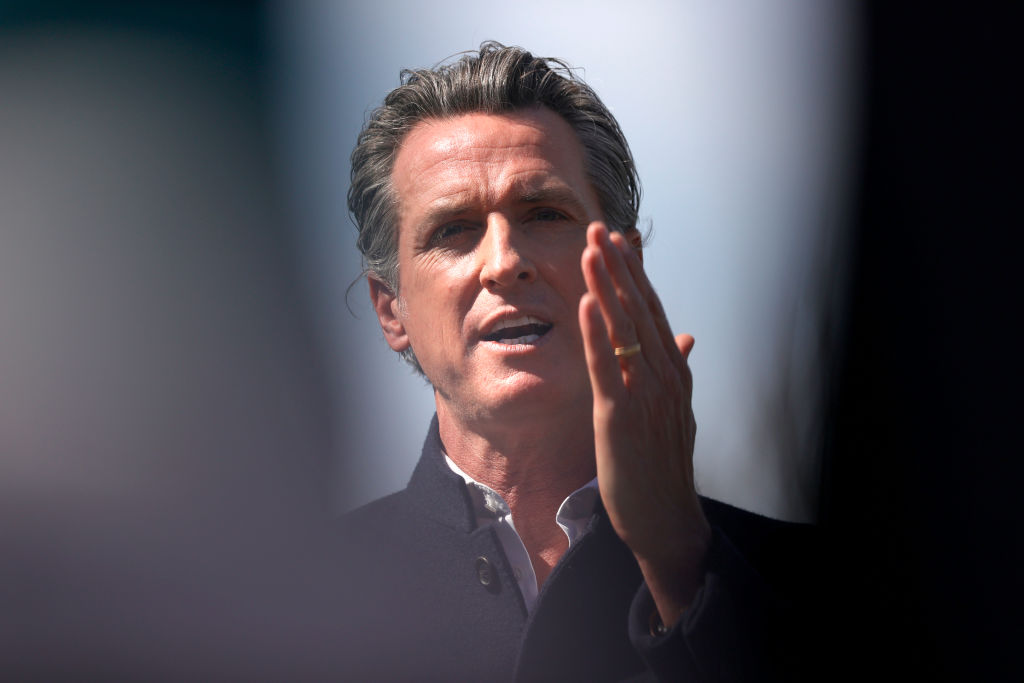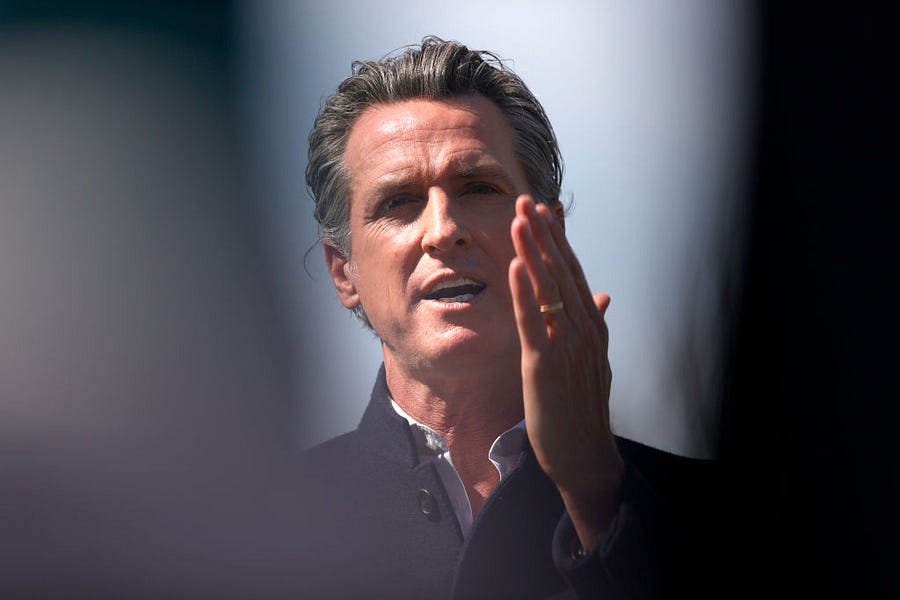In a recent tweet, Sen. Bernie Sanders claimed that the effort to recall California Gov. Gavin Newsom was about punishing Newsom “for the crime of telling people to wear masks and for listening to scientists during COVID.”
The petition to recall Newsom was filed on February 20, 2020. Circulation of the petition was approved by the state government on June 10, 2020, and following a court case to extend the deadline four months given the circumstances of the pandemic the petitioners were given until March 17, 2021 to reach the required 1,495,709 signatures. (The number is 12 percent of the votes cast in California’s last gubernatorial election, the state’s threshold for a recall election. Signatures must come from at least five counties, with those signatures being equal to at least 1 percent of the votes cast in each county.) Organizers say they currently have nearly 2 million signatures, as they’ve attempted to surpass the required 12 percent to ensure they’ll still be above the bar once repeat and illegitimate signatures are removed during the signature verification process.
One website that is part of the recall effort, recallgavin2020.com, does include a list of reasons to recall Newsom that features criticisms of his pandemic response. But, notably, the recall petition itself says nothing about Newsom’s pandemic response. This shouldn’t come as a surprise—the petition was, after all, submitted to the government on February 20, 2020, before the coronavirus pandemic response began in earnest. Newsom didn’t declare a state of emergency until March 4 and didn’t begin to limit gatherings until March 12, the first step in the state’s COVID lockdown. The petition lists the grounds for the recall as:
“Governor Newsom has implemented laws which are detrimental to the citizens of this state and our way of life. Laws he endorsed favor foreign nationals, in our country illegally, over that of our own citizens. People in this state suffer the highest taxes in the nation, the highest homelessness rates, and the lowest quality of life as a result. He has imposed sanctuary state status and fails to enforce immigration laws. He unilaterally over-ruled the will of the people regarding the death penalty. He seeks to impose additional burdens on our state by the following; removing the protections of Proposition 13, rationing our water use, increasing taxes and restricting parental rights.”
Since the pandemic began, the activists behind the petition have made no secret of the fact that they believe “the Governor’s response to the Covid-19 pandemic only heightens the urgency of a recall” and that Newsom’s pandemic response actions “have taken a central importance to the recall campaign.”
Much of the criticism Newsom has faced from the public for his pandemic response has been not for “following the science,” as Sanders alleges, but for delays in getting unemployment checks out, inconsistency in implementing, rescinding, and then reimplementing guidance for the state, and for lockdowns that went further than what science actually indicated was necessary.
Sanders’ tweet is, thus, only partly true: The current motivation of the petition organizers may be tied to Newson’s pandemic response, but the recall effort was not incited by what Newsom has done during the coronavirus pandemic nor do the reasons for recalling Newsom stated in the petition have anything to do with the pandemic.
If you have a claim you would like to see us fact check, please send us an email at factcheck@thedispatch.com. If you would like to suggest a correction to this piece or any other Dispatch article, please email corrections@thedispatch.com.








Please note that we at The Dispatch hold ourselves, our work, and our commenters to a higher standard than other places on the internet. We welcome comments that foster genuine debate or discussion—including comments critical of us or our work—but responses that include ad hominem attacks on fellow Dispatch members or are intended to stoke fear and anger may be moderated.
You are currently using a limited time guest pass and do not have access to commenting. Consider subscribing to join the conversation.
With your membership, you only have the ability to comment on The Morning Dispatch articles. Consider upgrading to join the conversation everywhere.